Triton TV hosts UCSD’s very first student body film festival and creates a sense of community along the way.
Movies. Film. Cinema. The art form of motion pictures goes by many names. While recent years of constant superhero and blockbuster releases may lead people to believe that formulaic cash grabs are all that the art form has left to offer, that’s far from the truth. Movies are still a medium that allow people to express themselves in a way that they see fit and allows others to see themselves in those expressions. In short, movies can still unite people, and no better example of this unity was put on display than at the UC San Diego Film Festival.
UCSD’s first student body film festival — organized by Triton TV — was held on April 23 at the Price Center Theater, lasting almost the entire day. I entered with an open mind to the festival in regard to both the amount of people I expected to be in attendance and the quality of the films, and I surely wasn’t disappointed with either. As the day carried on, there were more and more people, creating an enthusiastic environment the entire time. As certain films were announced, groups of people would cheer on the filmmakers, but by the end of the film, everyone in attendance always gave a strong round of applause. The event had an especially strong turnout of moviegoers on campus for the festival’s first outing, a promising sign for years to come.
“I thought the movies were wonderful,” Anel Valdez, a senior in attendance, said. “It was a great experience to be able to see students’ work, and I think it’s a great way to get everyone to connect, so that way they’re about to promote their work, and then whether it be their friends or general audiences that’s interested in film, I think anyone can just come out and support and enjoy this event.”
Throughout the course of the event, there were three film categories: documentary, experimental, and narrative. Although just three categories, the range within each category was so vast, spanning so many films, that it would be difficult to describe them all in one article, so I will limit myself to a select few of each category.
The documentary category had everything from a short, but sweet documentary about a UCSD badminton player named Advit Gupta with “Dreamer,” to a longer piece about the current climate change situation and how the UC system is involved with “Coming Clean.” This category’s showcase film was “The General Store,” a documentary about, who would’ve guessed, UCSD’s beloved General Store. This documentary was directed by Justin Marquez and follows the perspective of fellow employee Zaya and how she came to discover the campus co-op, her day-to-day routine there, and how the store manages to survive in the face of a red adversary: Target.
Here’s what Justin and Zaya had to say about their experience:
Justin Marquez – “The General Store”: “’The General Store’ is my baby. I worked at the General Store prior to the pandemic for a couple months and I got really well acquainted, those are all my friends, and it was a really good experience working with them. I filmed it approximately a year ago to this day, and it was an emotional experience making it. There were some obstacles that I had to get through, so it was really fulfilling seeing the reactions, being in the crowd, seeing people really react positively to the work, laugh, enjoy the charismatic banter between all the members at the co-op because it confirms that it was worthwhile to make it all along.”
Zaya Gooding – actress: “Being in the documentary really helped strengthen our relationship with TTV,” Zaya said. “I think what’s so great about the Old Student Center is that a lot of us aren’t in one thing, most of us are involved in more than one co-op or organization here, so Justin being both with the General Store and TTV has really helped us strengthen that relationship and don’t think we had that before the documentary, which I think is really awesome to be able to work with them and having that contact there because they’re really wonderful and great and excellent at what they do.”
Then as late morning turned to early afternoon, we reached the experimental category and, as the name would imply, it was very experimental. This category featured everything from poem recitals with “Thoughts in Polysyndeton”; a self-reflective monologue between the filmmaker and her subconscious filmed as a casting tape with “Alana Burgess’ Self Tape”; a photograph stop motion piece in “All Colors Go to Black”; and a “Scott Pilgrim vs the World”-esque film about roller skaters fighting the corporate patriarchy in “Lola vs the Cockalorums.” Each one of these films was nothing like the last, each demonstrating students’ different personalities and approaches to filmmaking.
Here’s what some of the experimental filmmakers had to say during the event:
Alana Burgess – “Alana Burgess’ Self Tape”: “It’s exciting, it’s just a whole new wheelhouse for me. I’ve never done film before, so everything is brand new, so it’s quite overwhelming but in a good way. My favorite part about making the film was releasing a bunch of bottled-up emotions I had that I just needed to get out artistically.”
Sydney Ho – “Thoughts in Polysyndeton”: “It’s really exciting, I’m kind of scared honestly, but it’s really cool to work on something and then have it seen by the people you care about.”
Millie Root – “A Letter to Her God”: “It’s a little bit nerve racking, but it’s really awesome to have this opportunity on campus and feel supported by not only my professors, but a student org as well, so that’s really exciting. I get to create exactly what’s on my mind, maybe not exactly all the time, but overlapping frames is really important to me and the color blue is really important to me, and that was very apparent in my film. Also the fact that I got to work through my grief, my film was about personal grief, so I got to work through that personally through art.”
The narrative category almost felt like an extension of the experimental category. I mean this as a compliment as the variety of narratives and approaches were so different that I was excited for each piece even as the afternoon turned to evening. There were serious movies like one that tackled the question of biases when creating AI with “Reboot”; another that took a dive into mental health and schizophrenia with “The Diagnosis.” There were funny pieces like “Quack Quack,” what I thought to be a homage to “Chucky” but with rubber duckies, and “The College” and “David Bunfill’s Guide to UCSD” which were both mockumentary-style pieces poking fun at UCSD.
Here’s what some of the narrative filmmakers had to say during the event:
Matthew Stepanek – “Falling Once, Falling Every Time”: “I usually don’t show my work to anyone, and this is the first time it’s being screened in a public setting, and I’m nervous, but it’s very exciting, and it’s really cool to see my film up against other student films. The best part about college for me, and the best part of an art program is to see all the work that my peers are making. It’s inspiring to see such good stuff.”
Kristine Nguyen – “The Kettle Overflows Past Midnight”: “I think that having my film screened with a bunch of other amazing artists and filmmakers is pretty exciting. I’m mostly here for the community, to show support for other people’s work. I think that the best part about this is the relationships that are formed, the friendships that are formed. That’s what makes making art worth it, that I get to build things with other people and be creative with other people.”
Jalal Al-Marashi Jaffer – “Reboot”: “I poured a lot of work into this piece and I’m excited to see how other people enjoy it, maybe what they take away from it. This specific project was very interesting be
cause it was a science fiction piece, a techno horror piece pushing the boundaries of what science is today, but it’s actually using a robot from five years ago, giving it use, giving life, putting a story to it to make us question our own humanity today.”
If there’s any consistent theme between the sentiments of the filmmakers, it’s that of community. The festival definitely brought out the best that the filmmaking and moviegoing communities of UCSD have to offer; filmmakers were able to display their work to the UCSD student body, and moviegoers provided a positive atmosphere for everyone to enjoy the experience of watching the work of fellow Tritons and friends alike. Given that this was Triton TV’s first film festival that’s open to the entire UCSD population, marking campus history, one can surely expect Triton TV to reach for the stars in future years.
Image courtesy of Triton TV
2022 UCSD Film Festival – A Student Blockbuster
May 1, 2022
4
0
About the Contributor
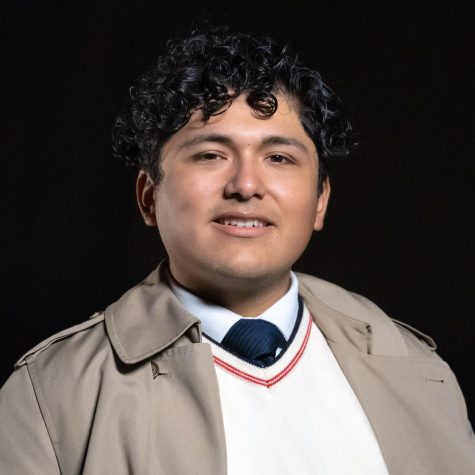
Hector Arrieta, Arts & Entertainment Editor
I’m the goblin of the office (I sleep on the couches)



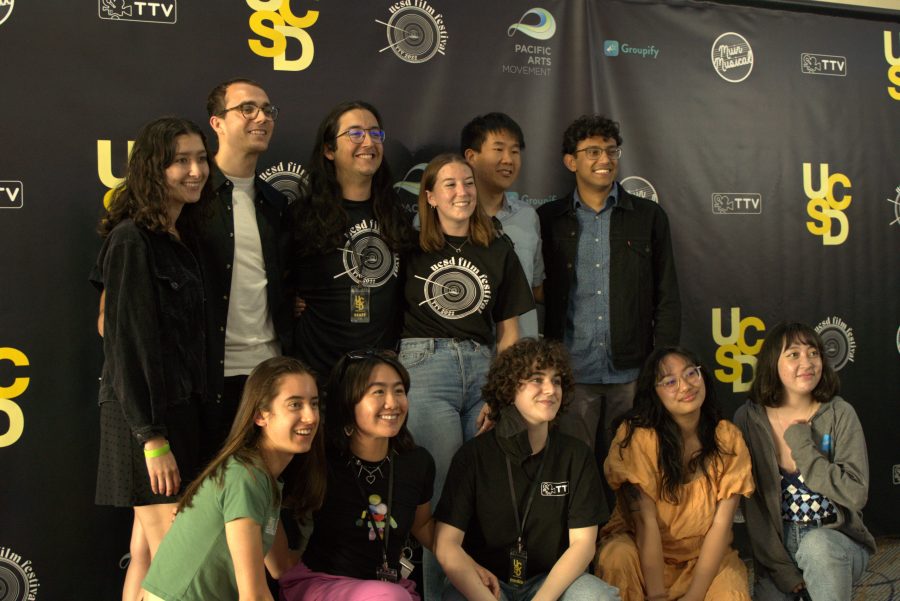
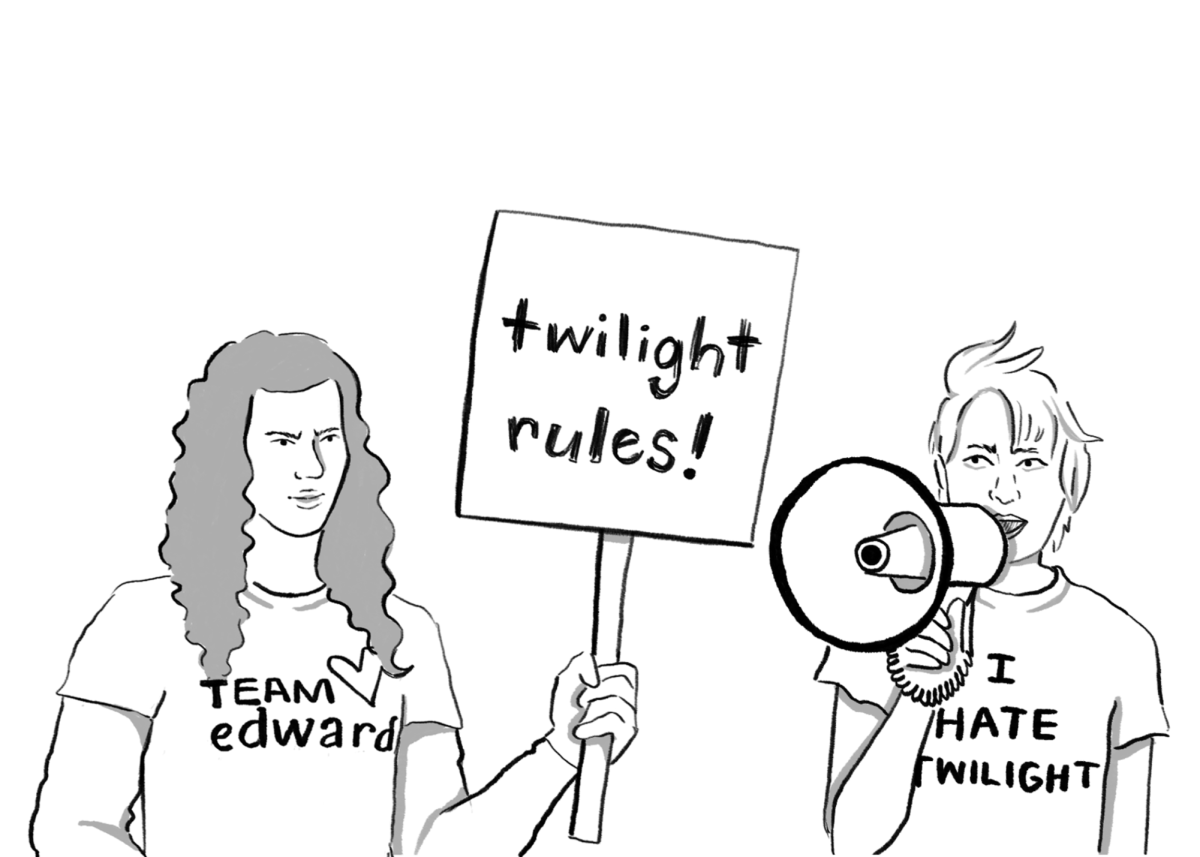
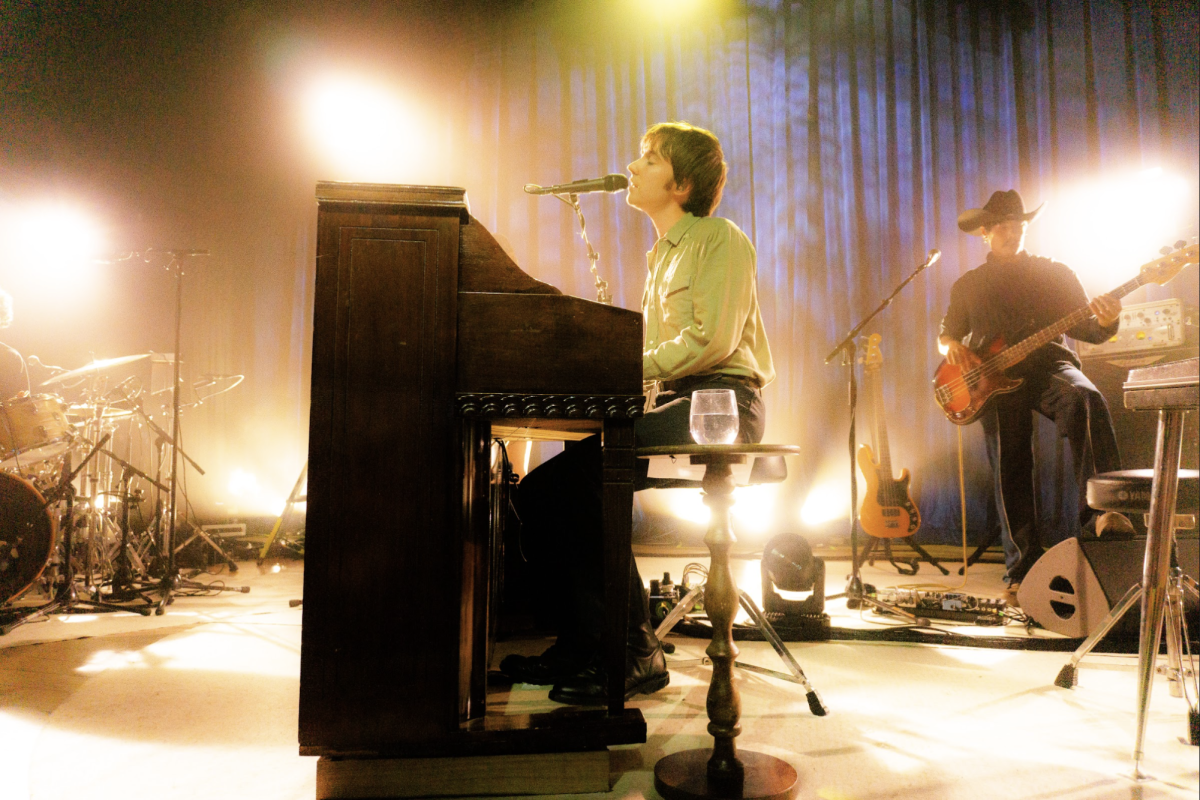
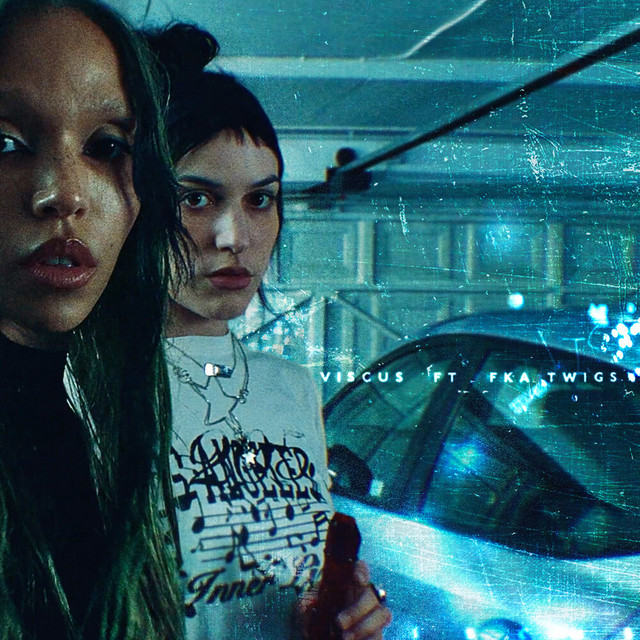
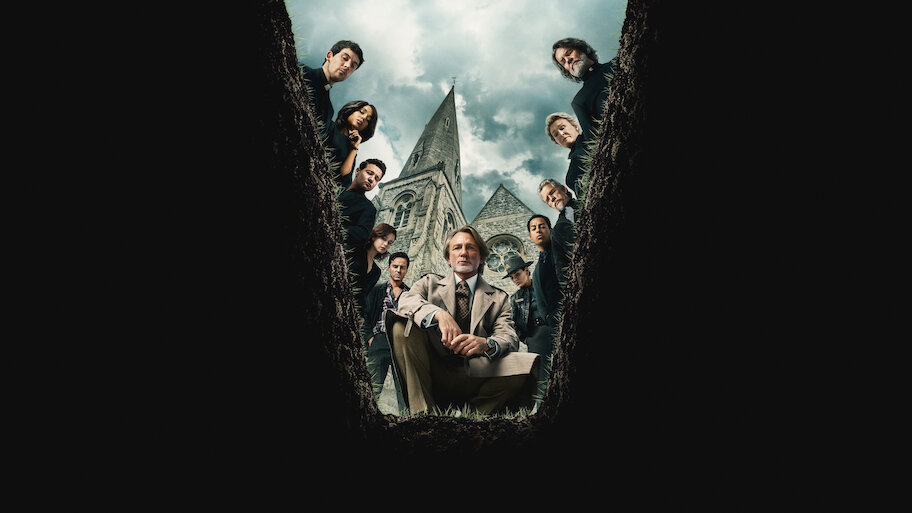


Oan Lena • Jul 5, 2022 at 9:24 am
I appreciate your article. I have to write a biography, and I’m considering using help with essay writing with essay writing Howard Thurman as my subject because he is a motivating individual and deserves appreciation for his pioneering work in social justice movements. In addition, he isn’t known for being a prolific writer, therefore I hope my essay will be unique.
geometry dash • Jun 30, 2022 at 9:08 pm
I’m delighted and proud that despite being so intelligent, you don’t brag about it and instead share your knowledge with others every day.
UCSD is wonderful overall. Classes are competitive (particularly Computer Science) and students are academically engaged. This university isn’t ruled by academics.
Angela • May 3, 2022 at 4:19 am
I am really very happy as well as feeling so very proud that despite being yourself so very knowledgeable how come you actually don’t boast it off, rather you just keep your knowledge sharing with all those people around you each as well as every time.
Overall, UCSD is a really great school. The classes are pretty competitive (especially the Computer Science classes) and the students here are very focused on academics. However, academics don’t rule this entire university. There are plenty of people here who are able to balance a nice life of good grades and a social life, but there are also a lot of people who can’t.
Best regards, writer from https://kingessays.com/ service.